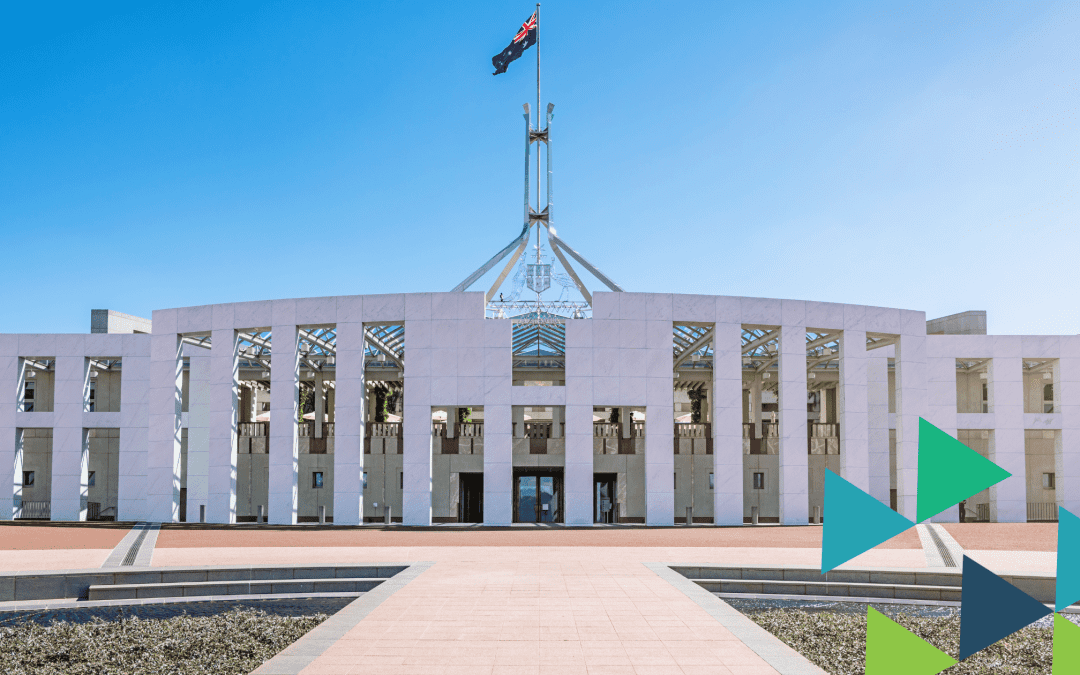What will impact you in the new budget?
The Federal Treasurer Jim Chalmers handed down the 2023 Federal Budget on 9 May 2023.
This budget and the measures within it are designed to reduce the cost of living. The Budget also includes $3 billion to relieve energy bills, which could save up to $500 for 5 million households and $1.3 billion for home energy upgrades. These changes will ease our burden without adding to existing inflationary pressures. Plus, there’s good news for single parents, job seekers, and small businesses who can look forward to extended payments and increased thresholds. And if you’re a small business owner, you might be able to take advantage of the temporary increase in the instant asset write-off threshold to $20,000 for 2023-24!
The Budget papers indicate the global economic outlook is highly uncertain with factors such as persistent inflation and rising interest rates expected to slow real GDP growth. Expected figures show a budget surplus of $4.2bn in 2022-23, and a $13.9bn underlying cash deficit in 2023-24, before a $35.1bn deficit in 2024-25. This year’s inflation rate stands at 6%, expected to decline to 3.25% by 2023-24 and eventually fall within the RBA’s target of 2-3% by 2024-25. The government expects its cost-of-living measures to take 0.75 of a percentage point off inflation in 2023-24.
The following is a list of highlights from a tax and superannuation perspective that may impact you. If you wish to speak to the TSP Team on any of the below items, please do not hesitate to contact us to discuss.
Businesses
- The instant asset write-off threshold for small businesses applying the simplified depreciation rules will be $20,000 for the 2023-24 income year.
- An additional 20% deduction will be available for small and medium business expenditure supporting electrification and energy efficiency.
- FBT exemption for eligible plug-in hybrid electric cars will end from 1 April 2025
Individuals
- Income support payment base rates will be increased by $40 per fortnight.
- The minimum age for which older people qualify for the higher JobSeeker Payment rate will be reduced from 60 to 55 years.
- The workforce participation incentive measures to support pensioners who want to work without impacting their pension payments will be extended for another 6 months to 31 December 2023.
- Eligibility for Parenting Payment (Single) will be extended to support single principal carers with a youngest child under 14 years of age.
- Housing measures will be introduced to increase support for social and affordable housing and improve access for home buyers.
- The maximum rates of the Commonwealth Rent Assistance (CRA) allowances will be increased by 15% to help address rental affordability challenges for CRA recipients.
- CPI indexed Medicare levy low-income threshold amounts have been announced for the 2023-24 income year.
- Eligible lump sum payments in arrears will be exempt from the Medicare levy from 1 July 2024.
Superannuation
- Superannuation tax concessions will be reduced for individuals with total superannuation balances in excess of $3 million from 1 July 2025.
- Employers will be required to pay their employees’ superannuation guarantee entitlements at the same time as they pay their salary and wages from 1 July 2026.
- The non-arm’s length income (NALI) provisions will be amended to provide greater certainty to taxpayers.
Tax Administration
- Funding will be provided to the ATO over 4 years to lower the tax-related administrative burden for small and medium businesses, cut paperwork and reduce time small business spend doing taxes.
- Reduction in GDP adjustment factor for pay-as-you-go and GST instalments.
- Funding to improve the administration of student loans will be implemented.
- Additional funding will be provided to address the growth of businesses’ tax and superannuation liabilities, and a temporary lodgment penalty amnesty program will be provided to small businesses.
- The Personal Income Tax Compliance Program will be extended for 2 years from 1 July 2025 and its scope expanded from 1 July 2023.
GST and Indirect Taxes
- Funding for GST compliance will be extended for a further 4 years to address emerging risks to GST revenue.
- Tobacco excise measures to improve health outcomes and align the treatment of stick and non-stick tobacco tax.
If you would like to know more information about any of these measures, please do not hesitate to contact our office on 49 264155 or email us ad***@****************om.au
- Improve Cash Flow with Better Bookkeeping - 30/05/2025
- Best Ways to Maximise Your Superannuation Returns - 07/05/2025
- Self Managed Super Fund Audit Essentials - 24/04/2025

